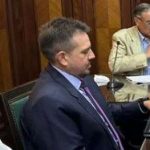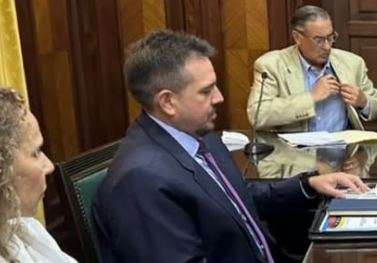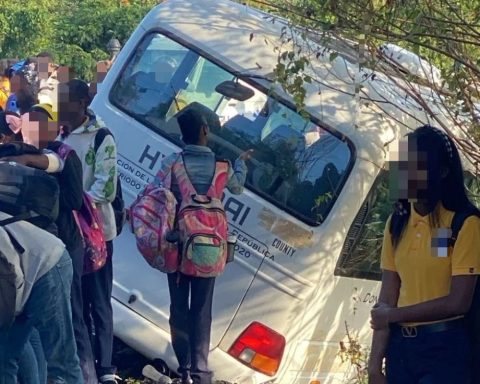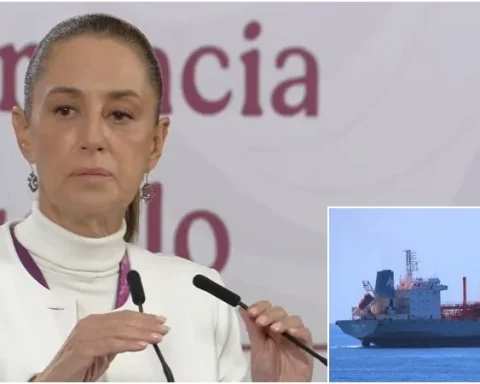The General Assembly of the Organization of American States (OAS) finally adopted, “unanimously”, a resolution in which it declared itself “concerned”, “alarmed” and “deeply concerned” by the “escalation of repression, the closure of the civic space, human rights violations, the deterioration of the situation of women, indigenous peoples and Afro-descendants”, as well as the “denial of basic civil and political rights of Nicaraguan citizens”.
The text of the resolution provoked twists and turns that caused the change of two projects, one of them presented by Brazil in which they tried to “soften” the tone of the first project presented by five countries including Canada, Costa Rica and the US.
In the end, despite the “forcefulness” promised by US Secretary of State Antony Blinken, the word “condemnation” does not appear in the OAS resolution, nor does the declaration of “illegitimacy” that sectors opposed to the Nicaraguan dictatorship so demanded. .
Just 5 months after the State of Nicaragua definitively leaves the regional body, the 53rd General Assembly, which is held in Washington, declared itself “aware of the worsening of the political and humanitarian crisis in Nicaragua since 2018”, despite the constant calls of the organization so that the regime of Daniel Ortega and Rosario Murillo would restore “democratic institutions and the protection of human rights in the country.”
Related news: Nicaraguan regime will not emerge unscathed from the 53rd OAS Assembly
Likewise, it declares itself “deeply concerned by the reports of persecution of members of the clergy and religious communities who suffer, among other things, arbitrary detention, harassment and unjustified expulsion.” In addition, for “the serious and systematic violation of the right to religious freedom in the public and private sphere.”
The OAS also declares itself “deeply concerned by the March 2023 Report of the Group of Experts on Human Rights on Nicaragua of the Human Rights Council that there are factual elements to conclude, prima facie, the existence of a crime against humanity of persecution”.
Consequently, the agency declares that it is “willing to engage constructively with Nicaragua and international human rights mechanisms in order to comply with its international human rights obligations.”
Related news: Arturo McFields: “The OAS is not going to forget Ortega, it will continue on the radar”
Given all this, the OAS General Assembly in its resolution issues 9 points in which it “urges” the Government of Nicaragua, among other aspects, to “cease all violations of human rights and respect civil and political rights, as of religious freedoms, and the rule of law and to refrain from all forms of intimidation and harassment against journalists, the media, religious communities and non-governmental organizations, respecting their right to freedom of expression and peaceful assembly”.
In addition, they urge the regime to release “immediately and unconditionally all political prisoners”, and to refrain from “repressing and arbitrarily detaining leaders of the Catholic Church and to provide information on the physical and psychological health of Bishop Rolando Alvarez».
They “appeal” to the regime to “rescind the rules that allow citizens to be arbitrarily deprived of their nationality” and ask the OAS Permanent Council to continue “dealing with the political and human rights situation in Nicaragua.” .
Related news: María Asunción Moreno: “Diplomacy and dialogue will achieve the transition to democracy in Nicaragua”
And finally they call on member states to “do everything possible to encourage the Nicaraguan authorities to engage in dialogue at the highest level.”
Ortega denounced the Constitutive Charter of the OAS on November 16, 2021, therefore, in accordance with the statutes of the organization, his official withdrawal from that regional instance will materialize on November 16 and the dictator will retire without having complied or one of the recommendations suggested by the body, and even ignored the judgments of the Inter-American Court of Human Rights, which must be mandatory for member states.















